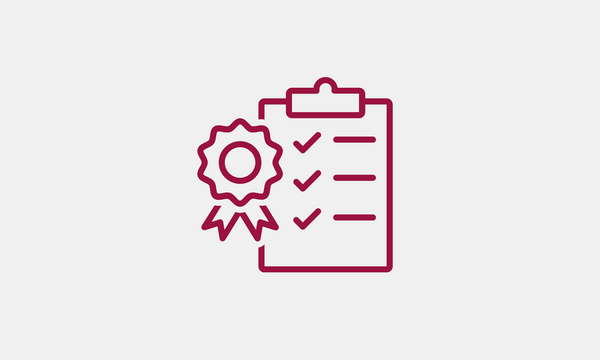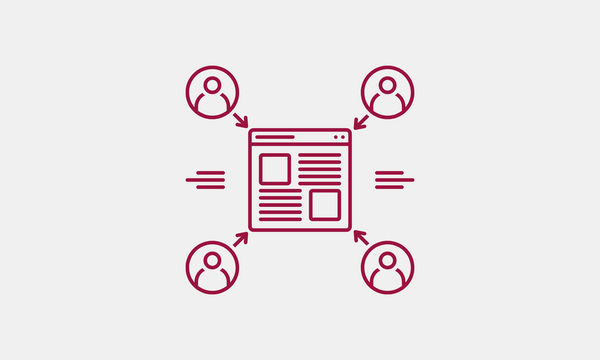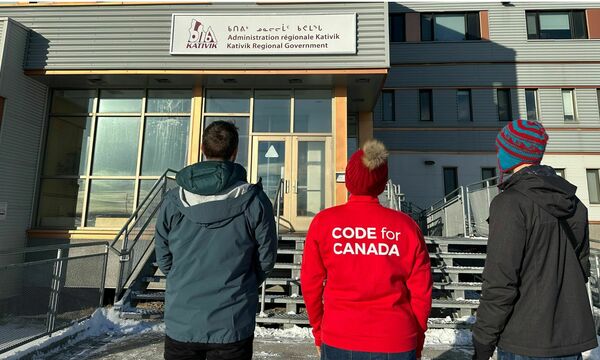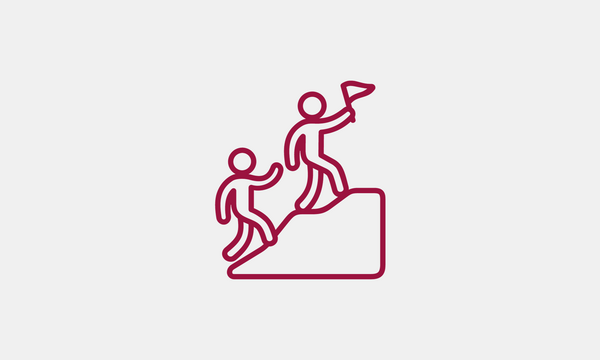Meet the Digital Drone Collective

Jennifer Payne
December 17, 2018
Hi! We’re the Digital Drone Collective, the Code for Canada fellowship team working with Transport Canada. The team is made up of Code for Canada fellows Andee (@andeepittmanux), Jen (@jnnfrpyn) and Fatima (@sugaroverflow), along with Jeannie (@JeannieEva9), Olivier and Weiguang (@weiguang_xiao) from Transport Canada.

Our fellowship team touched down at Transport Canada in November, after a month of intensive onboarding. We’re excited to be here, and to be collaborating with such committed public servants. In some ways, Transport Canada is a very traditional department — part of the legislation they oversee has existed since Confederation! But at the same time, TC is making strides in digital transformation — many of their tools are online, and many teams are working in more human-centred, open and agile ways. If you want to learn more about some of the other awesome digital projects underway at the department, check out the #TCDigital hashtag on Twitter.



New year, new regulations
We’re working on a project related to recreational drone pilots. It’s a fascinating time to be working in this space, as drones are becoming increasingly capable, and increasingly popular. In addition, new regulations governing drone use will come into effect in 2019. These regulations determine where you can fly a drone — how high, how low, how far, and how close to things like airports, heliports and people — and are designed to keep residents, pilots and aircraft safe.
And that’s why we’re here! We’re collaborating with Transport Canada to develop a tool to help drone pilots stay informed, fly safely, and follow the new regulations.
In-flight research
In order to address real needs of recreational drone pilots, we have to learn exactly what their needs are. We’re starting off with three areas of research: domain research, user research, and stakeholder research.
Through domain research, we’re learning about drones. What capabilities, limitations and applications do they have? How might these change in future? What kind of drone incidents have occurred? Answering these questions involves a lot of Googling, reading, sharing, and learning from individuals both inside and outside of Transport Canada. As an example, one tidbit we’ve learned is that typical recreational drones have a flight time of about 20 minutes. We’ve also learned a bit about what’s on the horizon — like parcel delivery to First Nations communities!


Through user research, we’re learning about drone pilots. What’s exciting for them, what’s challenging, and what’s frustrating? How are they using drones, and what for? What do they know about drone regulations, and how do they find out about them? Jen and Jeannie heard from pilots at the Unmanned 2018 conference, and the team has spoken with people using drones for everything from real estate photography to surveying sea asparagus!


Lastly, through stakeholder research, we’re learning about drone regulations, the great work Transport Canada has done related to drones, and the technical landscape at the department. We’re asking questions like: what regulations apply to drone pilots? What does Transport Canada expect from drone pilots? What sorts of tools does Transport Canada provide for drone users? And how are these developed? This area of research involves conversations with the folks at TC, including policy advisors, engineers, user researchers, directors, developers and analysts. Through these conversations, we’ve learned a lot about existing drone policy and products, including one tool for drone registration, and another tool for determining where to fly your drone.
What’s next?
We’ll continue this research into the new year, and through it, identify things that recreational pilots are struggling with, or that — based on user research — we anticipate they will struggle with, under the new regulations. Though current tools are working, examining them closely is helping us to uncover opportunities to best meet the needs of Canadian drone pilots. And we’re excited to start building a digital product to meet those needs!
We’re committed to working in the open throughout the fellowship, and we regularly share updates on Twitter. You can also subscribe to our newsletter, or check out our website at digitaldronecollective.com.
P.S. We’re also backed by a fantastic project panel, who provide feedback, remove blockers, share successes, and enable us to do our best work! Thank you to Nic Horne, Danielle Holden, Félix Meunier, Ryan Coates, Carine Lavoie, Graham Rivers, Graham MacVannel, Fatima Abassi, Mark Browsky and Jenny Dubeau for all your support.
P.P.S. We also work closely with the Remotely Piloted Aircraft Systems Task Force at Transport Canada. They’ve been extremely welcoming, and helpful in answering all our questions.
P.P.P.S. Shout-out to Fatima for all the excellent photos.
The Code for Canada fellowship embeds technology professionals into government, where they work alongside public servants to build great digital services. To learn more about becoming a fellow, or hosting a team of fellows in your department, visit codefor.ca/fellowship.











